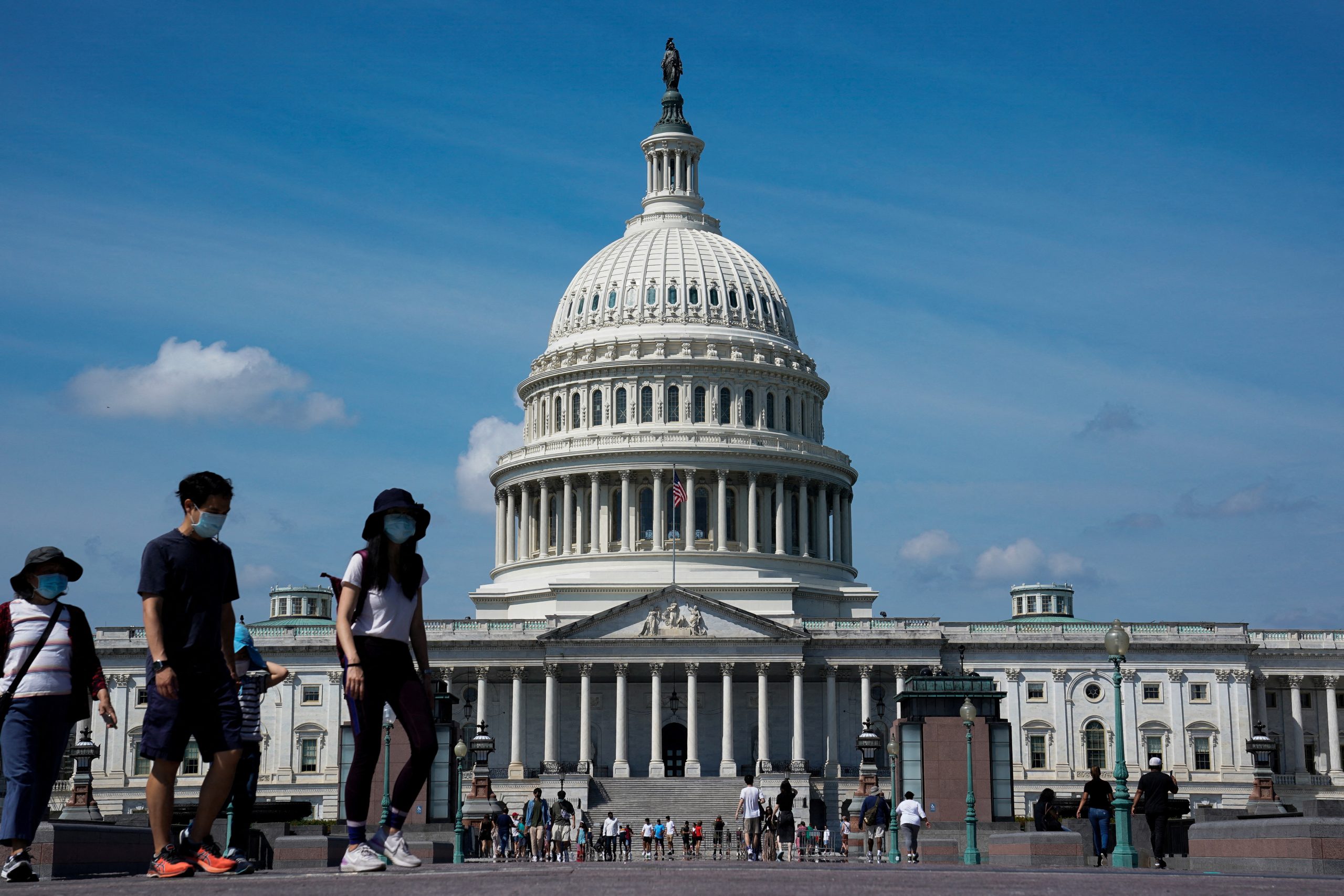
Willie R. Tubbs, FISM News
[elfsight_social_share_buttons id=”1″]
Why have one electoral count bill up for negotiations when you can have two?
Wednesday, the House sent an expanded electoral reform bill to the Senate, where Republicans and Democrats were nearing a bicameral agreement on a filibuster-proof piece of legislation.
“I much prefer our bill, which is the product of months of study, input from constitutional and election experts and is a bill that has garnered widespread bipartisan support,” Sen. Susan Collins (R-Maine) said during an interview with CNN.
Collins and Sen. Joe Manchin (D-W.Va.) have headed a group of 10 Democrats and 10 Republicans who have produced the pending Senate bill, which would reform the Electoral Count Act of 1887 in a way that would make certifying the results of presidential elections easier and less susceptible to delay at the hands of acts of protest or disruption.
However, Rep. Liz Cheney (R-Wyo.) has championed a House bill that adds new laws that would hamper the ability of state officials or congresspeople to cause delays as well. In Cheney’s mind, and that of the collective Washington Post editorial board, the current system allows too many opportunities for senators and representatives to lodge frivolous or time-wasting objections.
“This bill will ensure that in the future, the United States Congress is very clear that we have a very limited number of objections that can be made, if any can be made at all,” Cheney said during remarks on the House floor prior to the vote. “And those are strictly limited to those outlined in the Constitution.”
Cheney’s bill passed 229-203, mostly along partisan lines. Cheney and eight Republicans joined the balance of Democrats in voting to pass.
“Today, the House took an important bipartisan step to protect all future presidential elections,” Cheney tweeted. “It will ensure that self-interested politicians cannot steal from the people the guarantee that our government derives its power from the consent of the governed.”
Today, the House took an important bipartisan step to protect all future presidential elections. It will ensure that self-interested politicians cannot steal from the people the guarantee that our government derives its power from the consent of the governed.
My full statement: pic.twitter.com/xltH9kJVRo
— Rep. Liz Cheney (@RepLizCheney) September 21, 2022
Rep. Zoe Lofgren (D-Calif.), a House bill co-sponsor who like Cheney is a part of the Jan. 6 committee, tweeted before the vote that the bill would “protect the rule of law & ensure that future efforts to attack the integrity of presidential elections cannot succeed.”
While it is unclear how this will take shape, the chances are high that some sort of electoral count reform will pass both houses.
As previously reported by FISM, Republicans in the Senate have long stated they were willing to compromise on reforming the Electoral Count Act. In July, Collins and Manchin unveiled their plan for the reform. Cheney and Lofgren followed with an announcement about their plans in September.
